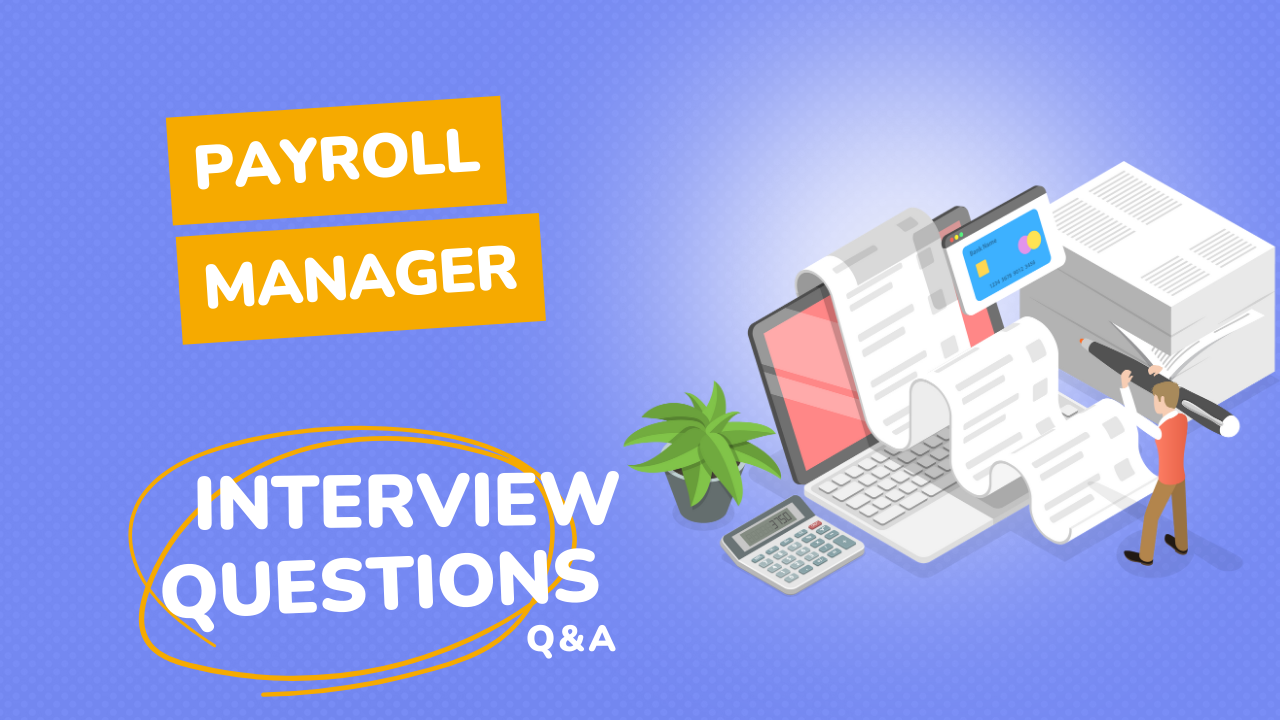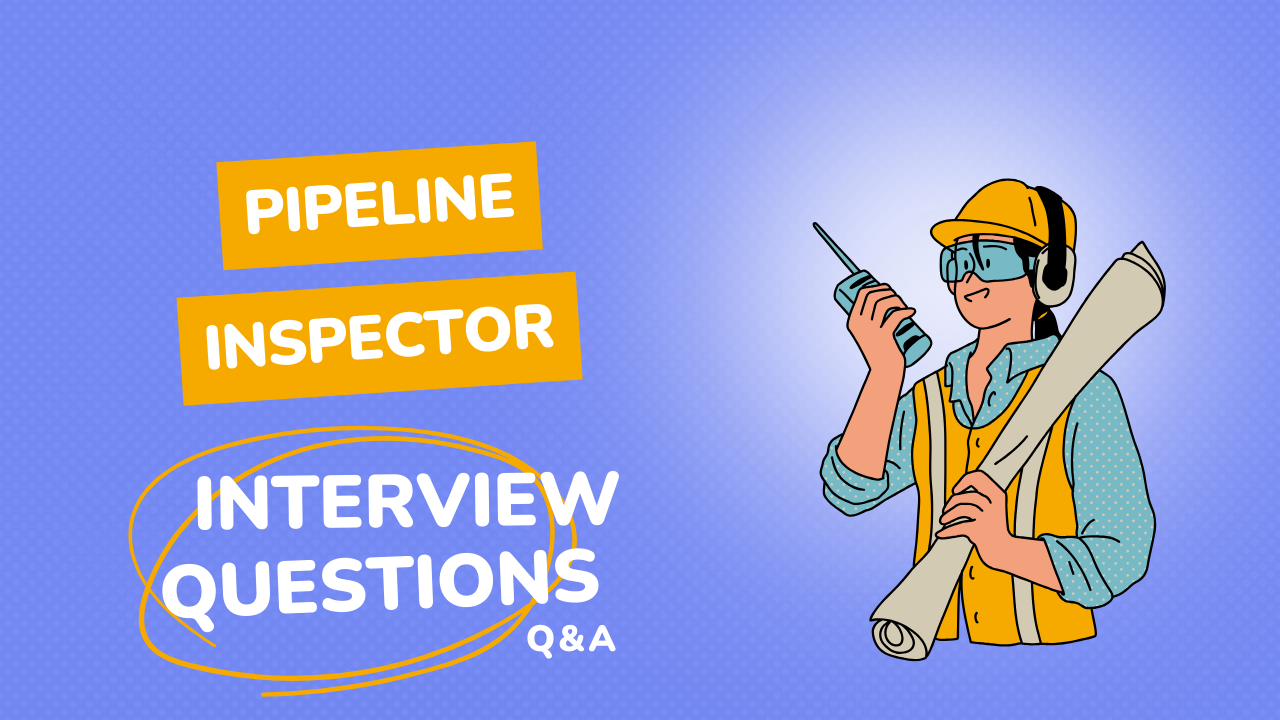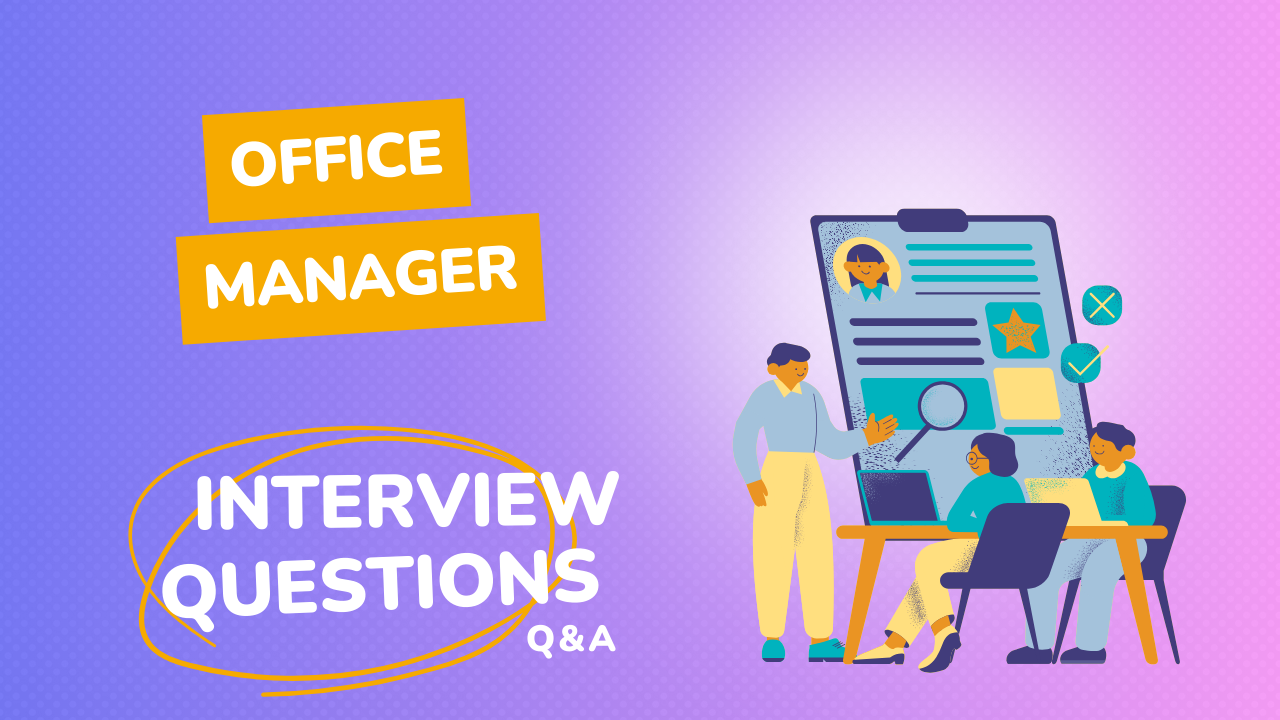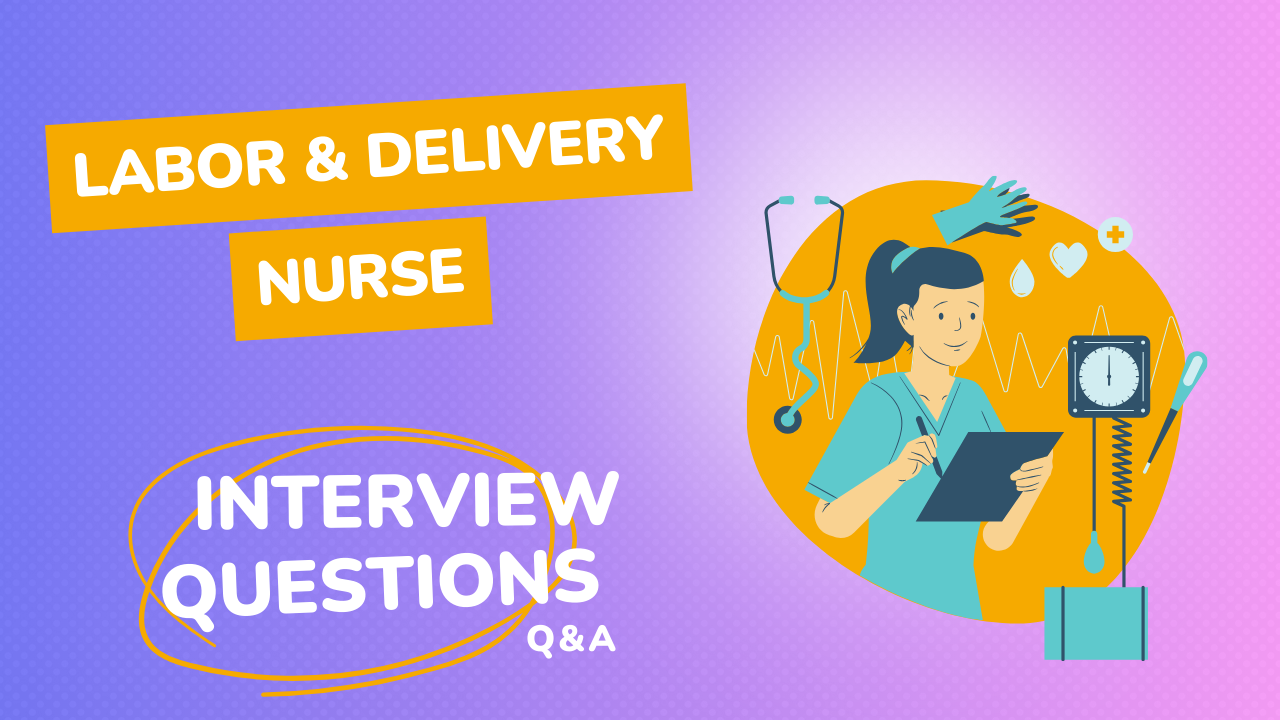Blog Detail

How to Crack Payroll Manager Interview in UK
Jun 2, 2024
In the intricate web of business operations, payroll management stands as a crucial function, ensuring that employees are compensated accurately and on time. Consequently, the role of a Payroll Manager is not only significant but also demanding. For candidates aspiring to venture into this field in the UK, the interview process can be both exciting and daunting. To help you navigate through this journey successfully, let's delve into what you can expect from a Payroll Manager interview and how to prepare effectively.
Understanding the Role
Before diving into interview preparation, it's essential to grasp the scope and responsibilities associated with the role of a Payroll Manager. In the UK job market, a Payroll Manager is typically entrusted with overseeing the entire payroll process, which includes calculating wages, managing tax deductions, ensuring compliance with regulations, and addressing any payroll-related queries from employees or authorities.
Researching the Company
A crucial step in interview preparation is researching the company you're applying to. Gain insights into their industry, company culture, size, and any recent news or developments. Understanding the company's values and goals will not only demonstrate your interest but also help you tailor your responses during the interview to align with their objectives.
Preparing Your Resume
Crafting a compelling resume is paramount to securing an interview. Highlight your relevant experience in payroll management, emphasizing your accomplishments and any specific skills or certifications you possess. Be concise yet descriptive, ensuring that your payroll manager resume effectively showcases your qualifications and suitability for the role of a Payroll Manager.
Technical Proficiency
Given the technical nature of payroll management, expect questions related to your proficiency with payroll software, knowledge of relevant legislation such as PAYE (Pay As You Earn) and NI (National Insurance), and your ability to handle complex calculations accurately. Be prepared to discuss your experience with various payroll systems and any challenges you've encountered in previous roles.
Problem-Solving Scenarios
Interviewers may present you with hypothetical scenarios to assess your problem-solving skills and ability to handle challenging situations. These scenarios could involve resolving discrepancies in payroll records, addressing compliance issues, or managing payroll during periods of organizational change. Approach these questions methodically, demonstrating your analytical thinking and ability to devise practical solutions.
Communication and Interpersonal Skills
As a Payroll Manager effective communication is essential for liaising with colleagues, addressing employee inquiries, and collaborating with external stakeholders such as HM Revenue & Customs (HMRC). Expect interview questions that assess your communication skills, including how you would handle sensitive payroll matters or communicate changes in payroll procedures to staff members.
Compliance and Legislation
Demonstrating knowledge of payroll legislation and compliance requirements is crucial for the role of a Payroll Manager. Stay informed about current legislation pertaining to taxation, pension schemes, and employment law in the UK. Be prepared to discuss how you ensure compliance within your current or previous roles and your approach to staying updated on regulatory changes.
Teamwork and Leadership Abilities
In addition to managing payroll processes, Payroll Managers often lead a team of payroll administrators or assistants. Interviewers may inquire about your leadership style, experience in managing teams, and how you foster a collaborative work environment. Highlight instances where you've successfully led projects or mentored team members, showcasing your ability to inspire and motivate others.
25 Common Interview Questions for Payroll Manager and their Answers with Example
Certainly! Here are 25 common interview questions for a Payroll Manager position in the UK, along with suggested answers:
- Can you walk us through your experience in payroll management?
Answer: Certainly. I have over [X years] of experience in payroll management, during which I have handled end-to-end payroll processes, including calculating wages, managing tax deductions, and ensuring compliance with relevant regulations.
- How do you stay updated on changes in payroll legislation and regulations?
Answer: I regularly attend seminars, webinars, and training sessions offered by reputable organizations such as the Chartered Institute of Payroll Professionals (CIPP). Additionally, I subscribe to industry publications and newsletters to stay informed about legislative updates.
- Describe your experience with payroll software.
Answer: I am proficient in using various payroll software systems, including [mention specific software], which I have used to streamline payroll processes, generate reports, and ensure accuracy in calculations.
- How do you handle discrepancies in payroll records?
Answer: When faced with discrepancies, I conduct a thorough investigation to identify the root cause. This may involve reviewing timesheets, consulting with relevant departments, and comparing records from multiple sources. Once the discrepancy is identified, I take prompt action to rectify it and ensure that affected employees are properly compensated.
- Can you explain the importance of confidentiality in payroll management?
Answer: Confidentiality is paramount in payroll management as it involves handling sensitive employee information, including salary details and personal data. Maintaining confidentiality not only fosters trust among employees but also ensures compliance with data protection regulations such as GDPR.
- How do you handle payroll during peak periods, such as month-end or year-end?
Answer: During peak periods, I prioritize tasks based on deadlines and allocate resources efficiently to ensure timely processing of payroll. I also communicate with stakeholders to manage expectations and address any challenges that may arise.
- Describe a time when you had to implement changes to payroll processes. How did you ensure a smooth transition?
Answer: In a previous role, I led a project to transition to a new payroll software system. To ensure a smooth transition, I conducted comprehensive training sessions for staff, developed detailed implementation plans, and provided ongoing support during the transition period.
- How do you ensure accuracy in payroll calculations?
Answer: I employ a systematic approach to payroll calculations, double-checking inputs and performing reconciliations to verify accuracy. Additionally, I leverage automation tools and built-in validation checks within payroll software to minimize errors.
- How do you handle employee inquiries or concerns related to payroll?
Answer: I approach employee inquiries with empathy and professionalism, addressing their concerns promptly and providing clear explanations where necessary. If the issue requires further investigation, I ensure timely follow-up and keep the employee informed throughout the process.
- Can you discuss your experience with payroll audits?
Answer: I have experience coordinating and participating in payroll audits to ensure compliance with internal policies and regulatory requirements. This involves gathering documentation, conducting sample checks, and liaising with auditors to address any findings.
- How do you prioritize tasks when managing multiple deadlines?
Answer: I prioritize tasks based on urgency and impact, focusing on critical deadlines while managing resources effectively to meet all commitments. I also communicate proactively with stakeholders to manage expectations and mitigate any potential conflicts.
- Describe your approach to managing a team of payroll professionals.
Answer: I believe in fostering a collaborative and supportive work environment where team members feel empowered to contribute their ideas and skills. I provide clear direction, delegate responsibilities effectively, and offer mentorship and coaching to help team members grow professionally.
- How do you ensure compliance with HMRC regulations regarding PAYE and NI contributions?
Answer: I stay updated on HMRC guidelines and ensure that payroll processes align with regulatory requirements. This includes accurately calculating PAYE and NI contributions, submitting reports and payments to HMRC on time, and maintaining detailed records for audit purposes.
- Can you discuss your experience with handling statutory payments such as SSP and SMP?
Answer: I have extensive experience managing statutory payments, including Statutory Sick Pay (SSP) and Statutory Maternity Pay (SMP). This involves verifying eligibility, calculating payments, and submitting relevant documentation to authorities in compliance with legal requirements.
- How do you handle payroll processing for employees on variable pay structures, such as commissions or bonuses?
Answer: I adapt payroll processes to accommodate variable pay structures, ensuring that calculations are accurate and transparent. This may involve developing custom formulas within the payroll system and implementing controls to validate outputs.
- Describe a time when you identified and implemented process improvements in payroll management.
Answer: In a previous role, I conducted a thorough review of payroll processes and identified inefficiencies in data entry procedures. I implemented automation tools to streamline repetitive tasks, resulting in significant time savings and improved accuracy.
- How do you ensure that payroll reports are accurate and actionable?
Answer: I meticulously review payroll reports for discrepancies and inconsistencies, cross-referencing data with source documents to verify accuracy. I also tailor reports to meet the specific needs of stakeholders, presenting information in a clear and concise format for decision-making purposes.
- Can you discuss your experience with managing pension schemes and auto-enrolment?
Answer: I have managed pension schemes and auto-enrolment processes in compliance with regulations set forth by The Pensions Regulator. This includes assessing employee eligibility, enrolling eligible employees into pension schemes, and ensuring timely contributions and reporting.
- How do you handle payroll processing for employees on flexible work arrangements, such as part-time or remote workers?
Answer: I adapt payroll processes to accommodate diverse work arrangements, ensuring accurate calculations based on hours worked and applicable rates. This may involve leveraging technology for time tracking and implementing policies to address unique considerations for remote workers.
- Describe a challenging situation you encountered in payroll management and how you resolved it.
Answer: In a previous role, I encountered a discrepancy in payroll tax calculations due to changes in legislation. I collaborated with tax experts to understand the implications and implemented corrective measures to rectify the error, ensuring compliance and minimizing impact on employees.
- How do you ensure that payroll deadlines are met consistently?
Answer: I establish clear timelines and milestones for payroll processing, allocating resources effectively to meet deadlines. I also monitor progress regularly, identify potential bottlenecks, and implement contingency plans to address any delays proactively.
- Discuss your experience with handling payroll for international employees or expatriates.
Answer: I have experience managing payroll for international employees and expatriates, navigating complexities such as currency conversions, tax treaties, and compliance with local regulations. This involves collaborating with external partners and leveraging specialized software to ensure accuracy and compliance.
- How do you handle payroll-related disputes or grievances from employees?
Answer: I approach disputes or grievances with empathy and impartiality, conducting thorough investigations to understand the underlying issues. I strive to resolve conflicts amicably through open communication and mediation, seeking mutually beneficial solutions whenever possible.
- Can you discuss your experience with implementing payroll-related software or systems?
Answer: I have led several implementations of payroll software and systems, collaborating with IT teams, vendors, and stakeholders to ensure successful rollout and user training. This involves conducting needs assessments, defining requirements, overseeing configuration, and testing, and providing comprehensive training to end-users to ensure a smooth transition and adoption of the new system.
- How do you ensure accuracy and compliance in payroll reporting to regulatory authorities?
Answer: I adhere to strict procedures for payroll reporting, ensuring that all required information is accurately compiled and submitted to regulatory authorities on time. This includes reconciling payroll data, verifying compliance with regulatory requirements, and maintaining detailed records for audit purposes.
By preparing well-thought-out responses to these common interview questions, you can effectively demonstrate your expertise, experience, and suitability for the role of a Payroll Manager in the UK. Remember to tailor your answers to highlight relevant accomplishments and skills, showcasing your ability to handle the complexities of payroll management with confidence and proficiency.
How to answer interview question and What Motivates You?
When answering the interview question, "What motivates you?" it's essential to provide a genuine and thoughtful response that aligns with both your personal values and the requirements of the job. Here's a structured approach to crafting your answer:
- Reflect on Your Personal Drivers: Take a moment to reflect on what truly inspires and drives you. Consider your passions, values, and long-term goals. Think about the aspects of work that energize you and make you feel fulfilled.
- Relate Your Motivation to the Job: Once you've identified your personal drivers, connect them to the specific role you're interviewing for. Highlight aspects of the job that resonate with your motivators. This could include opportunities for growth, making a positive impact, working with a talented team, or contributing to a meaningful mission.
- Provide Concrete Examples: Support your response with concrete examples or anecdotes from your past experiences. Describe situations where you felt particularly motivated and engaged and explain how those experiences have shaped your approach to work.
- Be Honest and Authentic: Authenticity is key when answering this question. Avoid generic or cliché responses and instead be honest about what truly motivates you. Interviewers can often sense when a response is scripted or insincere, so speak from the heart.
- Tailor Your Response: Tailor your response to the company and the job role. Research the company culture, values, and mission statement to understand what they prioritize. Then, align your answer with those aspects of the organization that resonate with you.
- Focus on Growth and Learning: Highlight your desire for continuous growth and learning as a motivator. Emphasize your enthusiasm for acquiring new skills, taking on challenges, and pushing yourself outside of your comfort zone.
- Stay Positive and Enthusiastic: Maintain a positive and enthusiastic tone throughout your response. Express your excitement about the opportunity to contribute to the company and make a difference in the role.
Sample Answer:
"What motivates me is the opportunity to make a meaningful impact and continuously grow both personally and professionally. I thrive in environments where I can take on new challenges and learn from experiences. In my previous role, I was motivated by the opportunity to streamline processes and improve efficiency, knowing that my contributions were making a tangible difference in the organization's success. Additionally, I'm driven by the chance to work with a collaborative team that shares my passion for innovation and excellence. I'm excited about the prospect of bringing that same level of enthusiasm and dedication to this role, where I see ample opportunities for growth and the chance to contribute to [Company Name]'s mission of [mention company mission or values]."
How to respond to Where do you see yourself in 5 years in Job interview?
When responding to the question "Where do you see yourself in 5 years?" in a job interview, it's essential to provide a thoughtful and realistic answer that demonstrates your ambition, career goals, and alignment with the company's objectives. Here's a structured approach to crafting your response:
- Express Your Interest in Career Progression: Begin by expressing your enthusiasm for career growth and advancement. Let the interviewer know that you are committed to developing your skills and taking on new challenges as you progress in your career.
- Align Your Goals with the Company: Emphasize how your career aspirations align with the company's mission, vision, and long-term objectives. Demonstrate that you have done your research on the company and understand its trajectory and opportunities for growth.
- Be Specific and Realistic: Provide a specific but realistic vision of where you see yourself in 5 years. This could include advancing to a higher position within the company, taking on leadership responsibilities, or expanding your expertise in a particular area relevant to the role.
- Highlight Your Skills and Contributions: Describe how you plan to leverage your skills, experiences, and strengths to achieve your career goals. Highlight any relevant achievements or accomplishments that demonstrate your potential to succeed in the envisioned role.
- Show Flexibility and Adaptability: Acknowledge that your career path may evolve over time and that you are open to new opportunities and challenges. Express willingness to adapt to changes in the industry or company dynamics as you progress in your career.
- Emphasize Commitment and Long-Term Interest: Assure the interviewer of your commitment to the role and the company's success. Convey your interest in building a long-term career with the organization and contributing to its growth and prosperity.
Sample Answer:
"In five years, I see myself continuing to grow and develop within the company, ideally in a role where I can leverage my skills and experiences to make a significant impact. I'm particularly excited about the opportunity to [mention specific aspect of the role or industry], and I believe that as I continue to refine my expertise in this area, I can contribute to [Company Name]'s goals of [mention company goals or objectives]. I'm committed to ongoing learning and professional development, and I'm open to taking on new challenges and responsibilities as they arise. Ultimately, my goal is to build a long-term career with [Company Name] and play a key role in its success."









